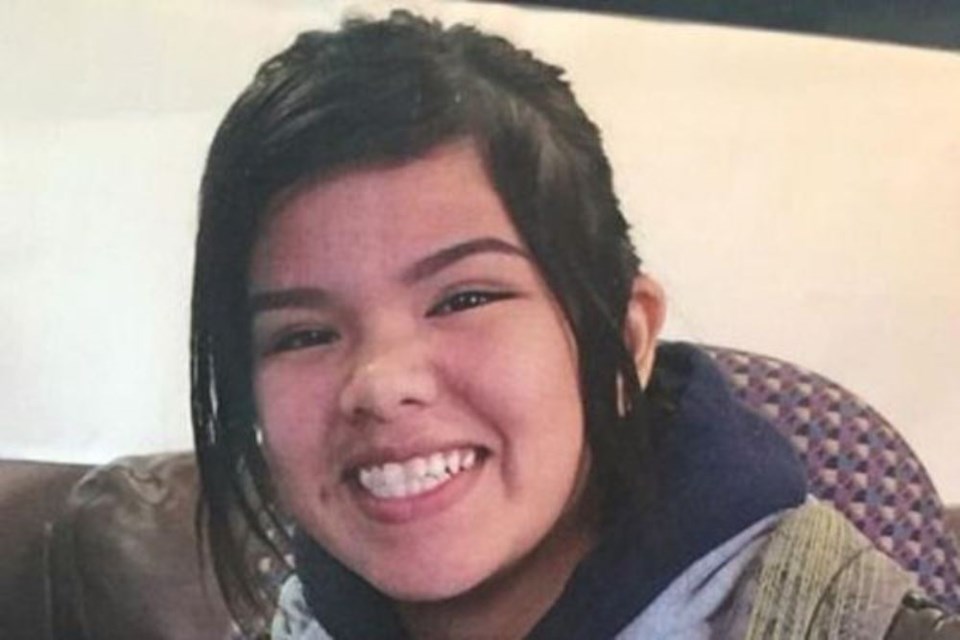Political pressure is mounting for a coroner’s inquest into Azraya Ackabee-Kokopenace’s death as the investigation continues into the case of the Grassy Narrows First Nation teenager who died in Kenora this spring.
Grand Council Treaty #3 has released a unanimous May 27 resolution supporting the Ackabee-Kokopenace family’s call for an inquest.
The territory’s 28 chiefs are requesting a probe into the circumstances that allowed for the 14-year-old to walk out of the Lake of the Woods District Hospital on April 15, where the police had dropped her off.
Volunteers found her body two days later in the woods nearby.
Ackabee-Kokopenace was in child welfare custody and had been struggling with depression since her brother died from an illness that implicated mercury poisoning.
“Grand Council Treaty #3 recognizes the role played by legacies of colonialism in leading to the death of Azraya Ackabee-Kokopenace, specifically, the mercury poisoning of the English-Wabigoon River system… chronic underfunding by the Crown in all areas of life concerning Indigenous Youth, intergenerational trauma related to residential school experiences, and ongoing racism throughout (policing, child welfare, health care, and other) systems and agencies,” the resolution reads.
The case currently rests with the coroner’s office in Kenora, where a recommendation for a discretionary inquest could be made.
The regional coroner could call for an inquest upon that report’s completion, regardless of local recommendation.
Should the regional coroner decide against declaring an inquest, the family could appeal to the province’s chief coroner.
A file has also been opened at the Pediatric Death Review Committee, which is required for all deaths of children in provincial care.
The family has enlisted Toronto lawyer Glen Stuart to advocate on their behalf.
“I think there were a number of moving parts in the story. All of those moving parts failed Azraya,” Stuart said.
“She was in contact with a number of government actors and each one of them, in their own way and in their intersections didn’t do what they were supposed to do in terms of doing what they were supposed to do, which was taking care of her.”
Both provincial and federal New Democratic Party members have spoken in favour of a coroner’s inquest, including Kenora-Rainy River MPP Sarah Campbell and national Indigenous and Northern Affairs Critic Charlie Angus.
“The case of Azraya Ackabee-Kokopenace is the story of how a system designed to help children utterly failed a young Indigenous girl,” Angus said in a release.
“This is also a case that speaks to the impacts of ongoing legacies of colonialism; from mercury poisoning to the underfunding of child health welfare and education systems on the part of the government; from intergenerational traumas from residential schools and environmental destruction to systemic racism inside government-run institutions.”
